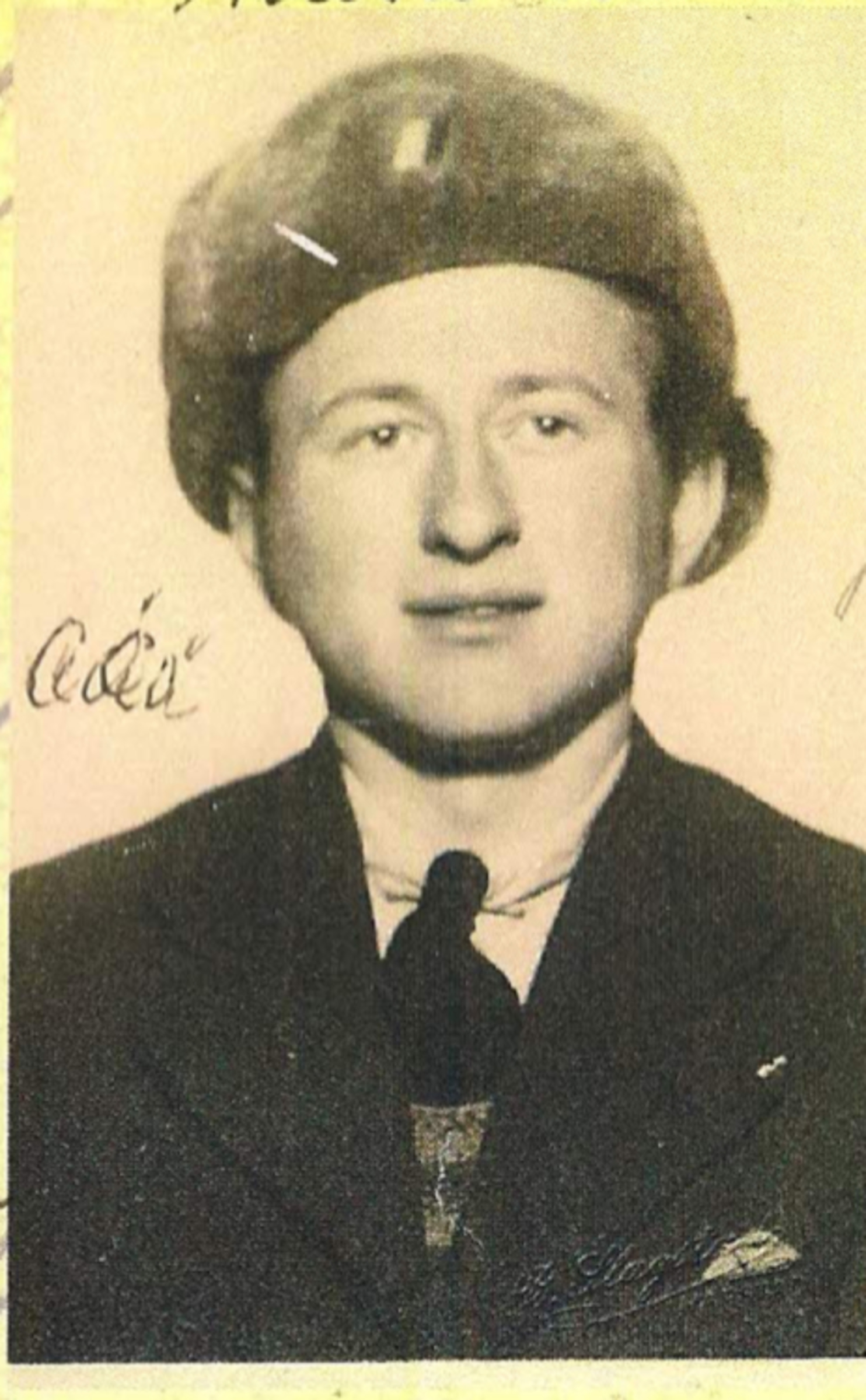A German military tribunal, that’s a bullet. That’s what I imagined

Stáhnout obrázek
Jan Šefl was born on 22 June 1922 in the village of Hvožďany. He comes from the family of a disabled veteran of World War I. On 6 November 1942 he was sent to forced labour. He was taken from Prague to Berlin and then with other Czechs to Szczecin. The labourers worked briefly at the local shipyard, but they were soon reassigned to Norway. Jan Šefl worked at a submarine base in Trondheim and then in Narvik, first with a jackhammer and then in the supply section. By a number of lucky coincidences he avoided standing trial before a military tribunal for giving Russian POWs two loaves of bread. A false letter of confirmation claiming his father was severely ill allowed him to return to Hvožďany for a month in 1943. He never went back to Norway but instead hid in his native village until the end of the war. After 1945 he worked at a nearby quarry. He compiled his memories of forced labour in a book called Za války v Norsku (In Norway for the War). Jan Šefl died on September 17, 2014.






